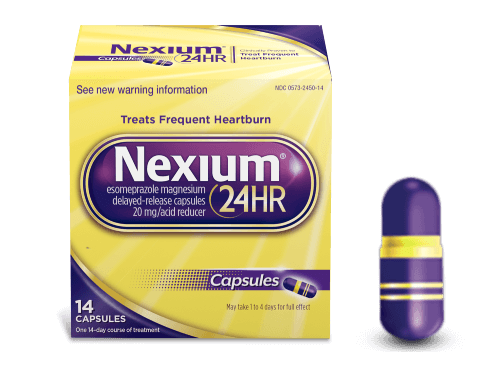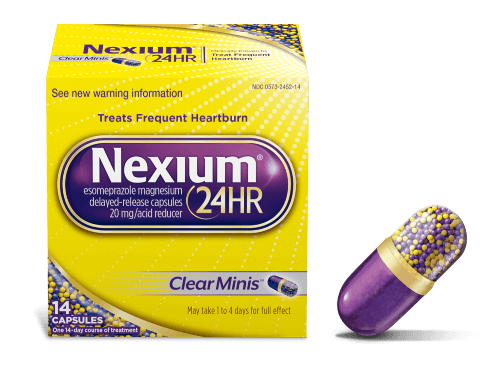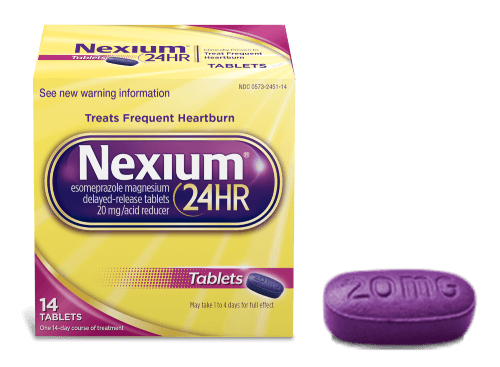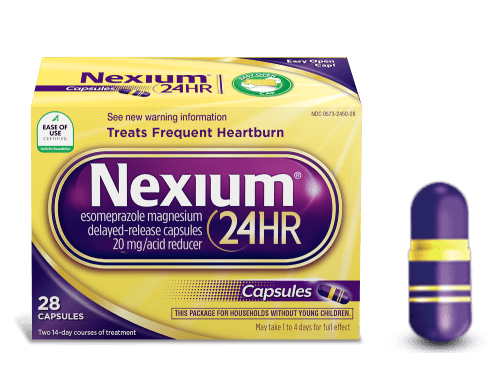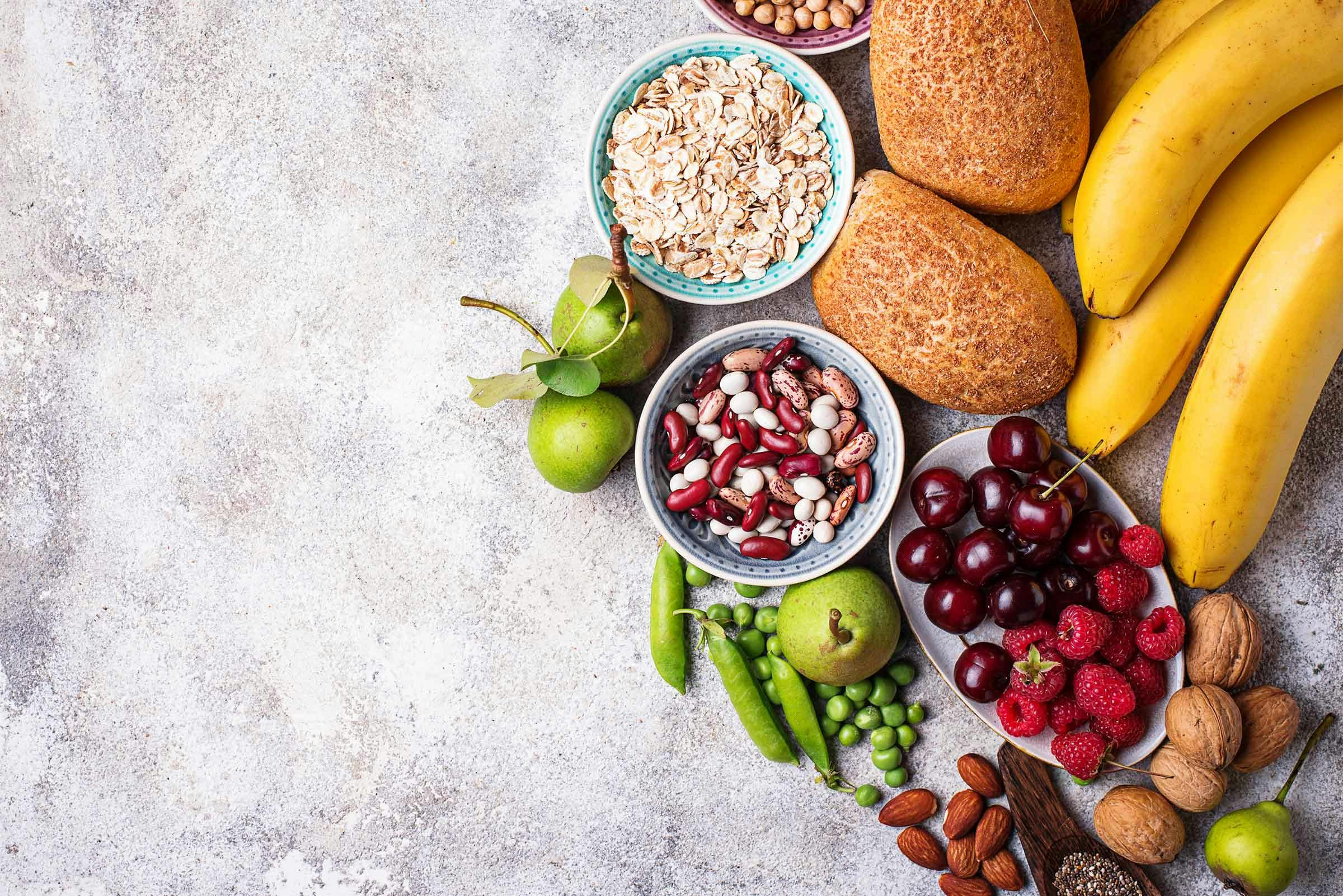If you’ve been diagnosed with gastroesophageal reflux disease (GERD), you aren’t alone. About 20% of the population experiences this acid reflux condition.1 Symptoms of GERD can include chest pain, nausea and trouble swallowing.2 While medical treatment for GERD may be necessary for some, many people look ways to treat GERD naturally so they can manage their symptoms at home.2
Adopt a GERD Diet
The foods you eat can play a huge role in controlling the symptoms of chronic acid reflux, which makes changing your diet the first line of defense against GERD.1 Thankfully, there are plenty of foods that actively help prevent acid reflux and can help treat your symptoms naturally.1
- High-fiber foods make you feel full, so you’re less likely to eat until you’re stuffed, and may help prevent acid reflux.1 Try whole grains like brown rice and oatmeal, root vegetables like sweet potatoes and carrots and green veggies like asparagus and broccoli.1
- Low-acid foods (also known as alkaline foods) have a higher pH and are less likely to cause acid reflux.1 The range of pH is thought to extend from 0 to 14, with a pH of 7 being completely neutral.4 Foods with a pH of greater than 4.6 are defined as low-acid foods.4 Bananas are a common low-acid option, as are melons, such as watermelon or honeydew, poultry and sweet potatoes .1,4,5
- Watery foods can dilute and weaken stomach acid due to their elevated water content.1 Choose cucumbers, celery and watermelon for the greatest benefits, and lighter, broth-based soups are a great option too.1
Avoid Trigger Foods
Just as there are foods that can help your heartburn, there are those that can trigger it, which is why they’re commonly known as trigger foods.1,2 These culprits can cause the lower esophageal sphincter to relax and allow stomach acid to seep out, delaying the digestive process by letting food sit longer in the stomach.1 The most common trigger foods are those high in salt, fat and spice:1,2
- Pizza
- Potato chips and processed snacks
- Fried food
- Cheese
- Fatty meats
There are other trigger foods and drinks as well:1,2
- Mint
- Tomatoes and tomato-based sauces
- Citrus fruits and juices
- Chocolate
- Caffeinated drinks like coffee and tea
- Carbonated drinks, such as soda or sparkling water
- Onions and garlic
- Alcohol
If you eat these kinds of foods regularly and are experiencing heartburn, try eliminating them from your diet to see if it makes a difference.2 Avoiding the food that causes your acid reflux is one of the simplest home remedies for GERD.
Natural Treatment for Acid Reflux
While there are foods that can prevent heartburn and foods that can cause heartburn, there are also foods that may offer relief from heartburn, such as:1
- Ginger is considered an excellent digestive aid because it eases irritation in the digestive tract.1 It’s also a low acid food, which helps to neutralize acid.1
- Yogurt and nonfat milk can act as a buffer between the stomach lining and acidic elements, providing relief from heartburn symptoms.1
- Frequent sips of water may help clear acid from your lower esophagus and calm a GERD-induced cough. Try a sip or two every 15 minutes.3
Change How You Eat
What you eat when you have GERD is may affect your reflux, but how you eat also plays an important role in the frequency and severity of your heartburn.2 Not only should you eat slowly, but you should avoid overeating, as this can put pressure on your lower esophageal sphincter.2 You may want to try eating multiple small meals throughout the course of the day, rather than three large meals.2 Make sure that there’s at least three hours between your last meal and bedtime.2
Another tip to manage your GERD symptoms is to stay upright after eating.2 When you’re standing or sitting upright, gravity helps to keep your stomach acid where it belongs.2 In addition, try sleeping on an incline with your head ideally six to eight inches higher than your feet.2
While not exactly a natural remedy for acid reflux, you can use Nexium 24HR to treat frequent heartburn. Although Nexium 24HR isn’t intended for immediate heartburn relief (it may take 1-4 days for full effect), it provides long-lasting heartburn relief; check the label for full dosing instructions.
Source Citations:
- GERD Diet: Foods That Help with Acid Reflux (Heartburn). Johns Hopkins Medicine. https://www.hopkinsmedicine.org/health/wellness-and-prevention/gerd-diet-foods-that-help-with-acid-reflux-heartburn/. Accessed 10/11/23.
- 9 at-home treatments for acid reflux. Harvard Health Publishing. https://www.health.harvard.edu/newsletter_article/9-ways-to-relieve-acid-reflux-without-medication/. Accessed 10/11/23.
- Frequent Sips of the Water for the Management of Gastroesophageal Reflux Induced Refractory Cough: A Case Report and Review of the Literature. https://www.ncbi.nlm.nih.gov/pmc/articles/PMC6582892/. Accessed 01/05/24.
- Food Technology Fact Sheet. Oklahoma State University Food & Agricultural Products Center. https://extension.okstate.edu/fact-sheets/print-publications/fapc-food-and-agricultural-products-center/the-importance-of-food-ph-in-commercial-canning-operations-fapc-118.pdf. Accessed 1/18/24.
- pH Values of common Foods and Ingredients. Clemson University https://www.clemson.edu/extension/food/food2market/documents/ph_of_common_foods.pdf. Accessed 1/18/24.

